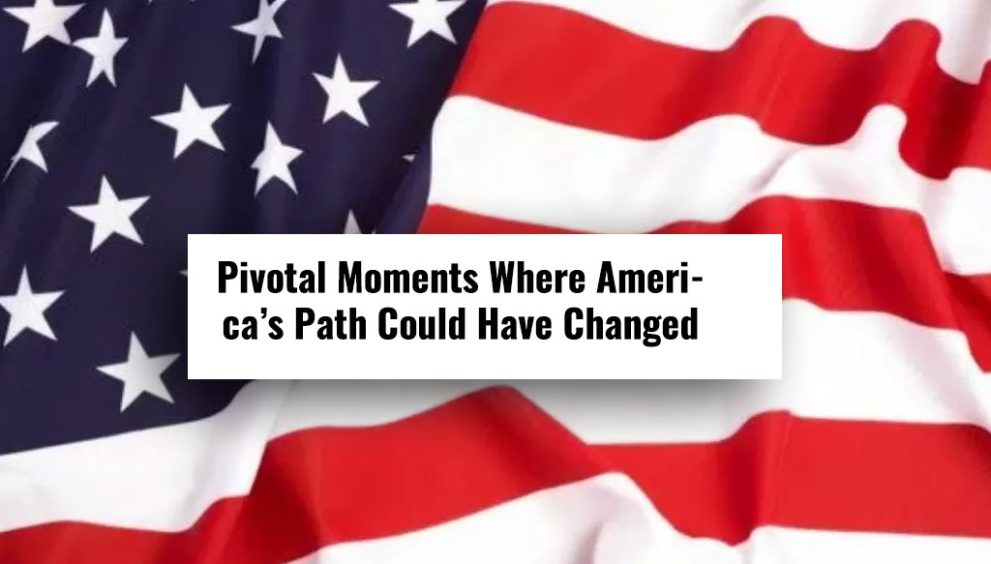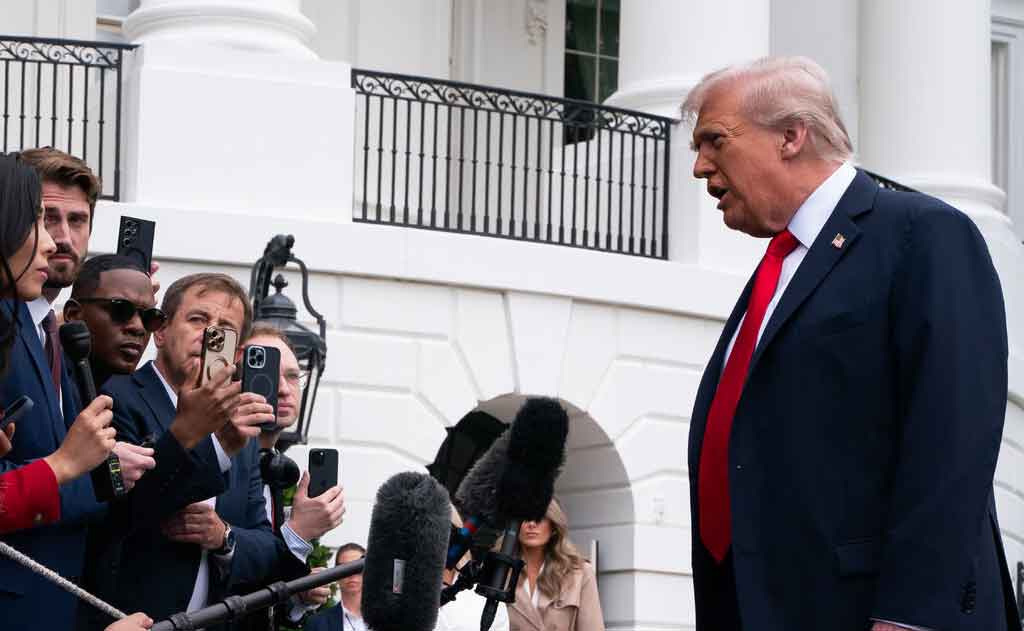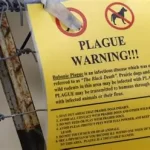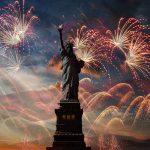Controversial Crossroads: Pivotal Moments Where America’s Path Could Have Changed

America’s history is a wild ride of bold calls, gritty fights, and moments where the nation teetered on the edge of a different destiny. These crossroads weren’t just decisions—they shaped the soul of the United States. Let’s explore three iconic turning points where a single choice could have rewritten the country’s story. Get ready for a dive into history’s “what-ifs,” packed with unsung heroes, heated debates, and decisions that still spark arguments today.
1. The Compromise of 1850: A Band-Aid on a Fractured Nation
The Scene: It’s 1850, and America’s a ticking time bomb. The Mexican-American War just dumped vast new territories into the U.S., but the question of slavery in these lands threatens to rip the nation apart. Enter the Compromise of 1850, a fragile deal brokered by Henry Clay and Stephen Douglas to hold the Union together. But did it just kick the can down the road?
The Crossroads: California joins as a free state, New Mexico and Utah get to decide on slavery through popular sovereignty, and the Fugitive Slave Act gets beefed up, infuriating abolitionists. It was a desperate attempt to balance North and South, but both sides left angry. Could a bolder move—like banning slavery in all new territories—have stopped the Civil War? Or would it have sparked war sooner?
The Unsung Hero: Senator William Seward, a fierce abolitionist, railed against the Compromise, warning it would only embolden the South. Overshadowed by Clay’s deal-making, his moral stand helped spark the Republican Party’s rise.
What If?: Picture a world where Congress banned slavery outright in the territories. The South might have bolted a decade earlier—or a stronger anti-slavery coalition could have pushed emancipation without bloodshed. The Compromise bought time, but at what cost?
Visual: A sepia-toned sketch of a tense Senate chamber, Henry Clay at the podium, Seward glaring from the sidelines, capturing a nation divided.
2. 1863: Gettysburg’s Bloody Gamble—The Charge That Nearly Broke America
The Scene: July 3, 1863, Gettysburg, Pennsylvania. After two days of carnage, Confederate General Robert E. Lee faces a gut-wrenching choice: retreat or launch a desperate assault on the Union’s center. His right-hand man, James Longstreet, pleads, “No 15,000 men ever arrayed for battle can take that ridge.” Lee ignores him.
The Crossroads: Pickett’s Charge—12,000 Confederates marching across an open field toward Cemetery Ridge—ends in disaster. Union artillery tears them apart; half fall in 50 minutes. This “High Water Mark of the Confederacy” becomes its death knell. What if Lee had listened to Longstreet and flanked the Union instead? A Southern victory could have crushed Northern morale, won European support, and split America in two.
The Unsung Hero: Union soldiers holding the stone wall on Cemetery Ridge, standing firm against impossible odds, saving the nation with grit and one unbroken line.
What If?: Could the Confederacy have survived? Would slavery have lingered for decades? A different call here might have birthed two Americas.
3. The Election of 1960: Kennedy vs. Nixon and the Birth of TV Politics
The Scene: It’s 1960, and America’s glued to their TVs. John F. Kennedy, a charming young senator, faces Richard Nixon, the seasoned vice president. Their televised debates—the first of their kind—change politics forever. JFK’s cool charisma trumps Nixon’s sweaty, uneasy performance, securing a razor-thin victory. But what if Nixon had won?
The Crossroads: Kennedy’s win launched the New Frontier, revved up the Space Race, and set a bold (if slow) tone on civil rights. Nixon, a Cold War hardliner, might have escalated tensions or handled civil rights differently. The debates proved image could outshine substance—Nixon had experience, but Kennedy had the glow. Did America pick style over grit?
The Unsung Hero: Journalist Theodore H. White, whose book The Making of the President 1960 exposed how TV reshaped politics. His insights on media’s power still resonate.
What If?: A Nixon presidency might have dodged the Bay of Pigs but ramped up Vietnam early. Without JFK’s youthful spark, would the ’60s counterculture have erupted? Or would Nixon’s pragmatism have steadied a chaotic decade?
4. 1962: 13 Days from Doomsday—How JFK Stared Down Nuclear War
The Scene: October 1962. U.S. spy planes spot Soviet nukes in Cuba, just 90 miles from Florida. For 13 days, the world teeters on the brink. Kennedy’s advisors push for airstrikes. “We’re eyeball to eyeball,” says Secretary of State Dean Rusk, “and I think the other fellow just blinked.”
The Crossroads: Kennedy rejects the hawks, opting for a blockade and a secret deal: U.S. missiles out of Turkey for Soviet nukes out of Cuba. One misstep—like depth-charging a Soviet sub, which nearly happened—could have meant nuclear annihilation. What if Khrushchev hadn’t backed down?
The Unsung Hero: Kennedy’s restraint, paired with backchannel diplomacy, turned a standoff of telegrams and guts into a world-saving moment.
What If?: Would humanity have survived a full nuclear exchange? Could the Cold War have ended in 1962, for better or worse?
5. The Patriot Act of 2001: Security vs. Liberty After 9/11
The Scene: September 11, 2001, rocks America. Fear and grief drive Congress to pass the Patriot Act, granting sweeping surveillance powers to prevent future attacks. It sails through with near-unanimous support, but its legacy—mass data collection, eroded privacy—still splits the nation. Did security trump freedom?
The Crossroads: The Act opened phone records, emails, and more to government eyes, all for safety. Critics warned of abuse; supporters called it a vital shield. Could a leaner law have balanced liberty and security, or was post-9/11 panic too raw for nuance?
The Unsung Hero: Senator Russ Feingold, the lone Senate vote against the Act, warned of eroded civil liberties. Dismissed as unpatriotic then, his stance was later vindicated by Edward Snowden’s revelations.
What If?: A less invasive law might have preserved privacy but risked weaker defenses—or forced sharper, targeted measures. Without the Patriot Act’s broad net, would another attack have struck? Or would America have felt secure enough?
Why These Moments Matter
These crossroads weren’t just political—they shaped America’s core. The Compromise of 1850 delayed a slavery reckoning, but at the cost of moral clarity. The 1960 election showed how image could sway democracy, for better or worse. The Patriot Act forced a choice between fear and freedom that echoes in our digital age. Each decision carried weight, and each could have led to a radically different America.
What do you think? Which moment had the biggest impact—or which “what if” sparks your imagination? Share below and tag a history buff who’d dive into this debate!
Visual Note: Check out a gripping video montage at www.clickusanews.com, blending archival footage of the 1850 Senate, the Kennedy-Nixon debate, and 9/11’s aftermath, with a voiceover asking, “What if history had turned left instead of right?”
Your Turn: Join the Debate!
- Which crossroads keeps you up at night?
- If you could whisper advice at one of these moments, what would you say? (e.g., “Lee, listen to Longstreet!”)
- What modern “fork in the road” will historians debate in 50 years? (January 6th? AI regulation?)
Tag a history buff who loves a fierce “what if” debate! Share if you think understanding these near-misses helps us tackle tomorrow’s crises.













